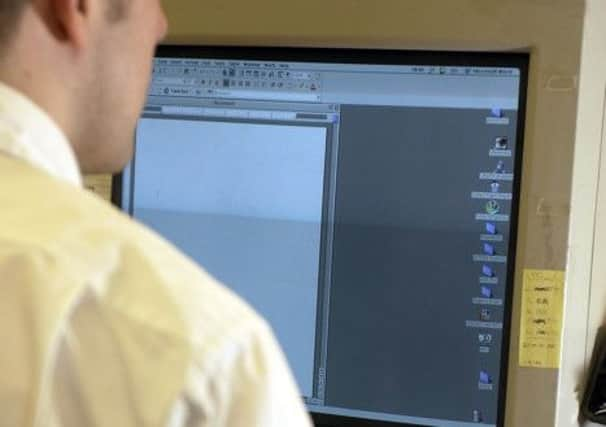Lights from computers blamed for poor sleep


Artificial lights disrupt the body’s natural rhythm, affect chemicals in the brain and drive people to use stimulants like caffeine to stay awake longer, according to Harvard academic Professor Charles Czeisler.
Writing in the journal Nature yesterday, the professor of sleep medicine at Harvard Medical School called for research to help develop “behavioural and technical” ways of counteracting the ill-effects of artificial light on modern sleeping patterns.
Advertisement
Hide AdAdvertisement
Hide AdThe decline in the number of hours slept per night is affecting public health, including a greater risk of obesity, diabetes, heart disease, depression and stroke, he said.
While all electric light affected “circadian rhythms” – the natural body clock – and sleep, night-time exposure to LED lights like those in phones and computers was “typically more disruptive” than standard electric light bulbs, he said.
“There are many reasons why people get insufficient sleep in our 24/7 society, from early starts at work or school, or long commutes, to caffeine-rich food and drink,” he wrote.
“But the precipitating factor is an often unappreciated, technological breakthrough: the electric light. And light affects our circadian rhythms more powerfully than any drug.”
Between 1950 and 2000, the average person in the UK increased their use of artificial light sources by four times, with a parallel rise in sleep deficiency, Prof Czeisler said.
Artificial light inhibits sleep-promoting neurons in the brain and the nightly release of the hormone melatonin, which aids sleep, while activating neurons that boost alertness, he said. It fools the brain into delaying its “second wind”, which used to kick in during the afternoon to see people through to sunset, until later in the day.